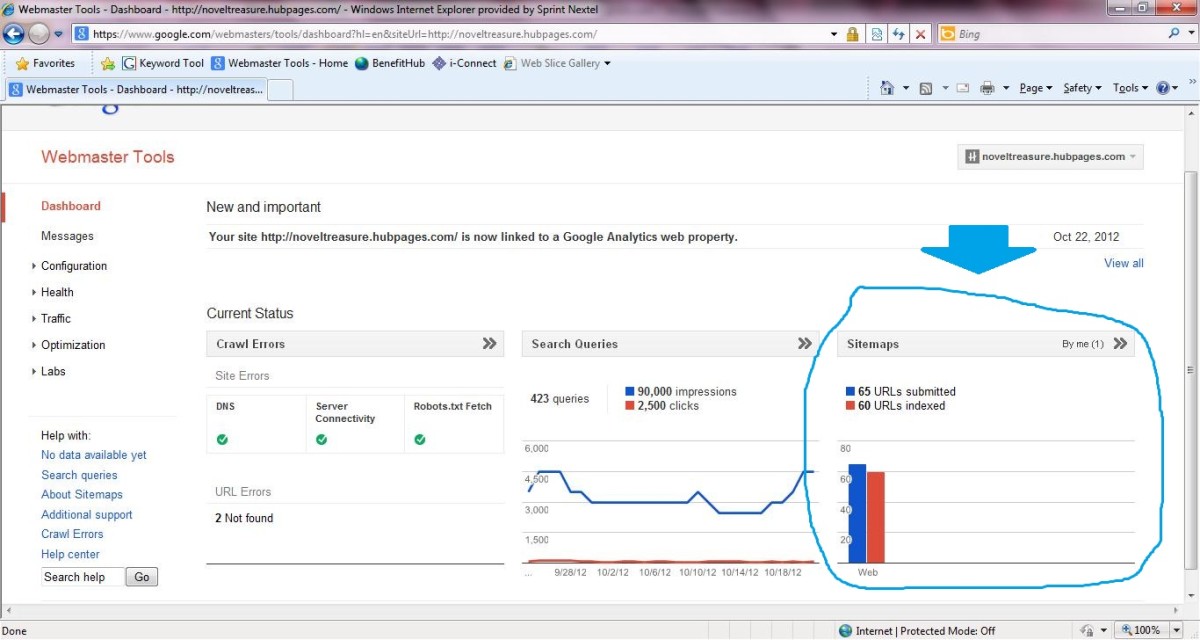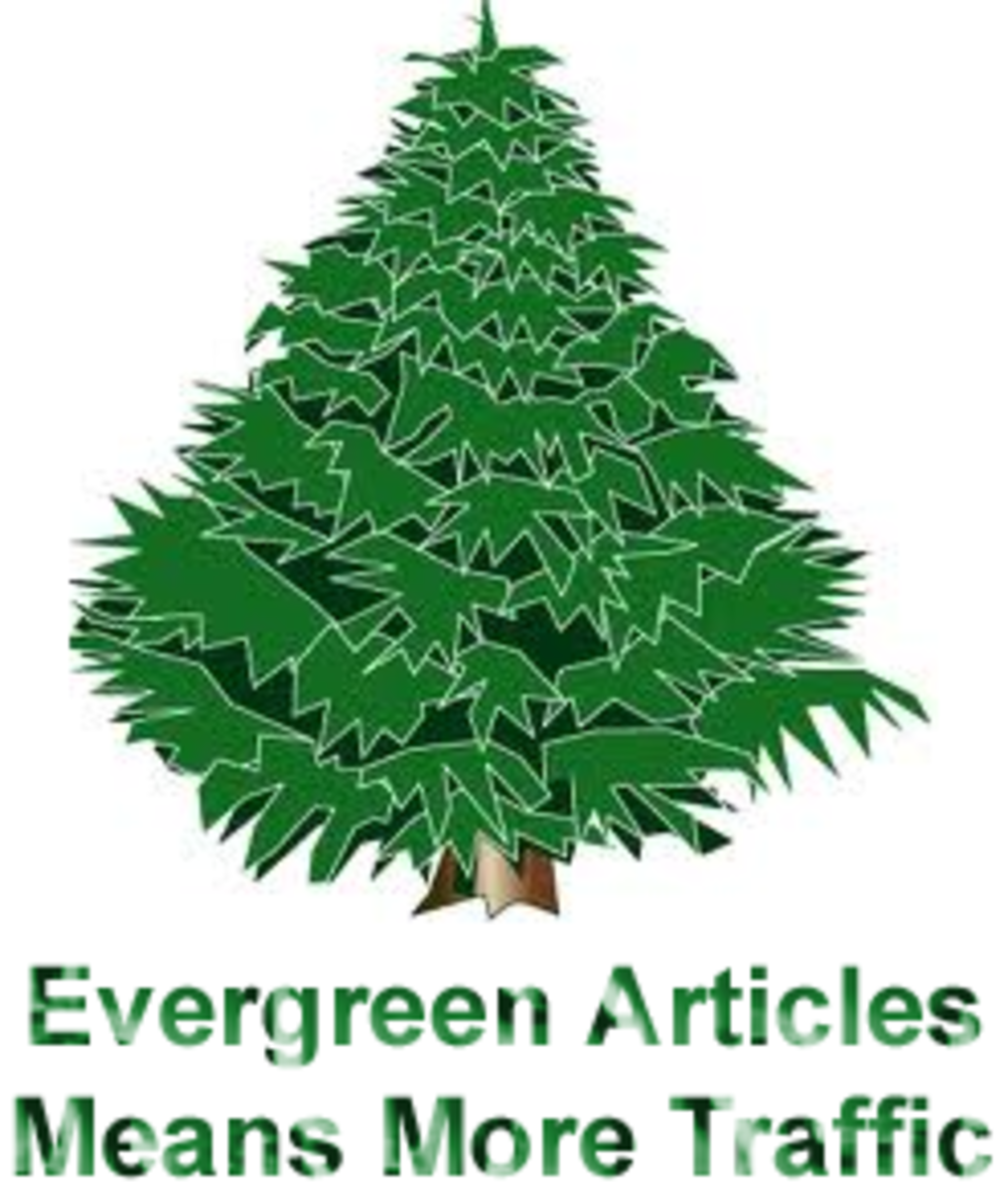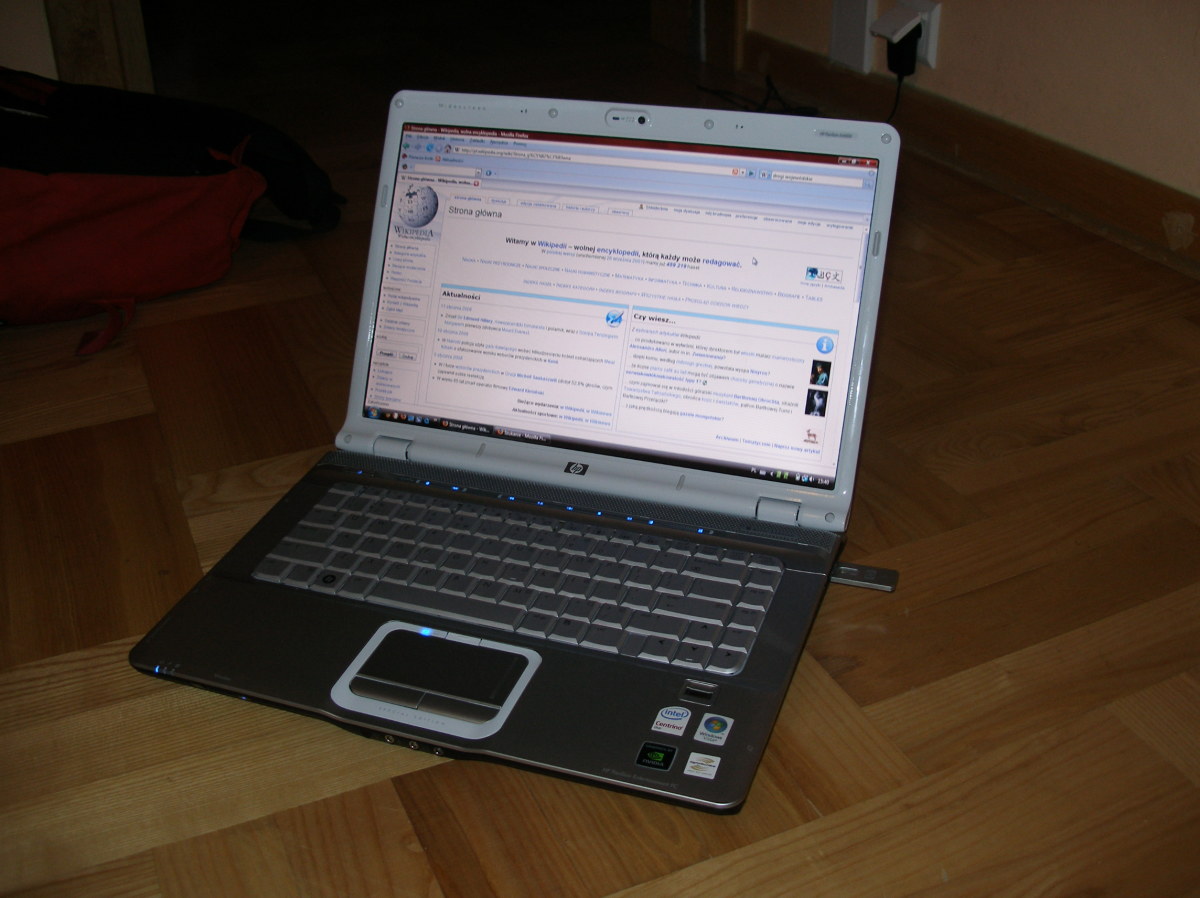Comprehending Networking

Traffic Check
Those of us who write on line have broken ourselves into the 'share' habit in the belief this 'Networking' assists us in getting hits.
We put our items on the various network sites hoping users will click in the link and our work will be seen.
In ancient days, most of our hits came from Google. Truckloads of traffic was delivered to our 'door'.
Alas, since Google revealed its hatred of Hubpages; marking it a 'content farm' and tossing anything posted here at the bottom of their list, views have declined.

And then there are the Trolls
Posting to Facebook, Reddit, X and other sites should get us a few hits. But in some cases, the hits you get are often from Trolls.
Attacks and down votes by Trolls makes Networking not so pleasant. And if you're uncertain of yourself, it could be devastating.
You've probably heard the story already, but I'll post it here in case you haven't.
A well known Hard Copy Published Writer posted an item on a Publishing Site and Networked it. Within seconds his item was voted down on the various sites he'd used to network. This was followed by a slurry of attacks calling it Spam, Blogspam, and using all sorts of unpleasant terms to describe what a bad writer he was, etc.
He deleted the item from the publishing site, from the Networks. He sent it to his Editor. It was accepted, paid for, published in Hard Copy, and got quite good reviews.
This is just to emphasize how pointless Networking sites have become not only as a marketing tool but as any kind of peer review, or even honest response to your work.
Recognize that the Majority of persons who will respond to your work are Trolls. They have nothing else to do except insult other people. When you realize this you begin to appreciate reality.
Some sites do give you the authority to prevent attacks, to remove comments, others appear to exist for the purpose of encouraging attacks.
SEO, Links, Tags, Ads
There's a difference between writing crap full of the trending words and writing good prose.
A difference between writing an advertisement which pretends to be an article.
You'll see it most often on Facebook. For example, you think this is an article about baby clothes. It isn't. It is an advertisement for some company selling baby clothes.
As you read it, you realize you aren't reading a Mommy's prose but that done by some junior clerk at the company which sells baby clothes.
This advertisement will gain Adsense revenue from honest advertisers who are paying to advertise their items.
You can see why Google became so annoyed it labeled Hubpages a content farm, and dropped whatever is published here to the bottom of the list.

So How To Market?
If you're writing an item which should be of interest to persons who (fill in the blank) then finding the right forum/message board/blog is knee jerk. You'll get traffic from those who are interested in (fill in blank).
You publish the item here, post links on that site with a bit of blurb and the users should take a look.
If you are writing for a mass audience, you better find a popular site or have a million friends on Facebook.
For example, if I want to know how to wash this silk blouse I might enter; "Wash Silk" in a search box, not Google.
Google is rather biased. Hence a perfect response to your query might be on this site, but it won't show up. For virtually nothing published here will be noted there.
Double Titling, for example has become almost the 'Rule'. The 'catchy' title is the heading of your first paragraph, your actual Title might be mundane.
Using the example above the title might be "How To Wash Silk" and the subtitle; "You really can wash silk yourself!"
Gone are the days when Stumbleupon is your main traffic source.
Come are the days of search engines.





